Emergency service saves lives
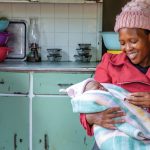
SHARE THIS PAGE!
Mobile network company Vodacom Lesotho, through its national emergency transport system, m-mama, has made significant strides in saving lives – by enabling pregnant women to swiftly access healthcare in the event of pre-natal complications.
A brainchild of Vodacom Lesotho Foundation, m-mama is a rapid response service that provides transport service to pregnant women and new-born babies during emergencies which could potentially otherwise end in tragedy.
It is implemented in partnership with the ministry of health and enlists the services of selected privately owned vehicles at community level, that are on stand-by 24 hours a day.
Since its launch in 2021, m-mama has transported 5,591 pregnant women facing emergencies from their homes to clinics where they ultimately delivered safely. Out of those transported, 189 emergencies required an ambulance.
Tṥepo Ntaopane, the head of Vodacom Lesotho Foundation, provided insights into the m-mama programme and the collaboration with the ministry of health in addressing maternal and new-born mortality in Lesotho.
Ntaopane explained thatthe primary goal of the m-mama programme is to reduce mortality rates in pregnant women and new-born babies, specifically targeting deaths caused by complications.
He emphasized that one of the critical challenges identified by the ministry was the inability of pregnant women to reach healthcare facilities in time, often resulting in tragic outcomes.
“Many health facilities lack ambulances, and community members may not have the means to transport patients to the nearest healthcare facility.
“Vodacom Lesotho Foundation has partnered with the ministry of health to implement a system where community members who own cars can register to provide emergency transport services.
“A centralised dispatch centre at Motebang Hospital, staffed by qualified midwives, manages incoming emergency calls. They assess the situation and refer the patient to the appropriate healthcare facility,” Ntaopane said.
He noted that when an emergency call is made (via a toll-free number), the dispatch centre identifies the nearest available community transporter.
“The caller is connected to the community transporter, who then picks up the patient and transports them to the designated healthcare facility.
“Throughout this process, the movement of the vehicle can be tracked in real-time using a global mapping system, ensuring transparency and accountability in patient transport,” Ntaopane indicated.
Families, community members, and health workers can access the free m-mama toll-free line (800 800 11) using all networks in Lesotho.
A beneficiary of the service, Lineo Letṥeng (25), of Qalakheng in Mohale’s Hoek, shared her personal experience with the m-mama initiative, recounting its critical role during emergencies related to maternal health.
Letṥeng learned about the initiative during her prenatal visits to a local clinic. She was informed about the emergency number to call in the event of any pregnancy-related emergencies.
“On April 29 this year I experienced labour pains and bleeding around 3.00am, and I knew it was time for swift action.
“I called the m-mama emergency number and, within 30 minutes of placing the call, a vehicle dispatched by m-mama arrived at my home and I was transported to Ntṥekhe Hospital where I Delivered safely,” she recounted.
Another beneficiary of m-mama, Thato Sello (24) of A-Skop in the Quthing district also learned about the initiative during her pre-natal visits to Villa Maria Hospital.
She used m-mama when she reached full term last month.
“Pregnant women contend with many problems on their prenatal visits, such as experiencing back pains, and swelling and discomfort in their legs.
“My advice to pregnant women is to call that number as it helps a lot in emergencies,” she said.
Meanwhile, the minister of health, Selibe Mochoboroane, recently said he was embarrassed by Lesotho’s disappointing mother and new-born health outcomes.
Mochoboroane lamented that Lesotho is a dangerous place to be a pregnant woman or a new-born baby.
The current maternal mortality ratio in Lesotho is 566/100,000 live births. This is categorised as very high and is above the regional average of 545/100,000 live births, according to the World Health Organisation (WHO).
A 2022 UNICEF report says despite the presence of well-equipped clinics, hospitals, and a skilled birth attendance rate exceeding 85 percent in Lesotho, new-born babies still face significant life-threatening challenges during their initial weeks at home.
According to WHO, three percent of all pregnant mothers will need emergency transport, and those emergencies represent approximately 85 percent of the emergency transport need in countries like Lesotho.
“The difficulty is that we cannot predict which of the mothers will have an emergency. The further complication is that emergencies can occur at any time during the pregnancy or even afterwards. For some mothers, they will be in a clinic and the emergency occurs during labour – requiring emergency transport to a hospital for an emergency C-section.
“However, there are too few ambulances, which are expensive to buy, to meet that need. For others, they will be at home when pre-eclampsia (dangerously high blood pressure) or another life-threatening emergency occurs – or after they return home after delivery and begin bleeding profusely. Both of these situations are life-threatening and unpredictable,” WHO said in a 2023 report.
According to Vodacom Foundation, early results in Lesotho are mirroring countries such as Tanzania, where districts have seen a 38 percent reduction in maternal deaths.
The Foundation says on its website that not a single mother or baby was lost in Lesotho during emergency transit via m-mama.
“It is equally reassuring to note that an impressive 99.8 percent of females who were transported and monitored post-discharge from a health facility have successfully survived the life-threatening emergency.
“In addition, the majority (48 percent) of the women transported are having normal deliveries despite the emergency, while an average of 15 percent require more specialised caesarean section to address various maternal and foetal health complications at birth.
“This is a testament to how the m-mama emergency transport service is helping mothers and babies. It is also evident how fast referral to the right clinic or hospital and how effective the active follow-up of each mother and/or baby referred are – to ensure that they get appropriate care in the health facilities until they get discharged. The m-mama service is helping the Lesotho health system respond more effectively to those emergencies, thereby saving lives of hundreds of mothers and babies in the country,” it says.
Best of all, the m-mama system is affordable to the government, which has been providing the travel costs and dispatch staff since the day the initiative was launched. The service now covers the whole country, serving approximately 2,500 emergencies annually – all for less than the cost of buying and running a single ambulance ($170,000 or M3.2 million per year).

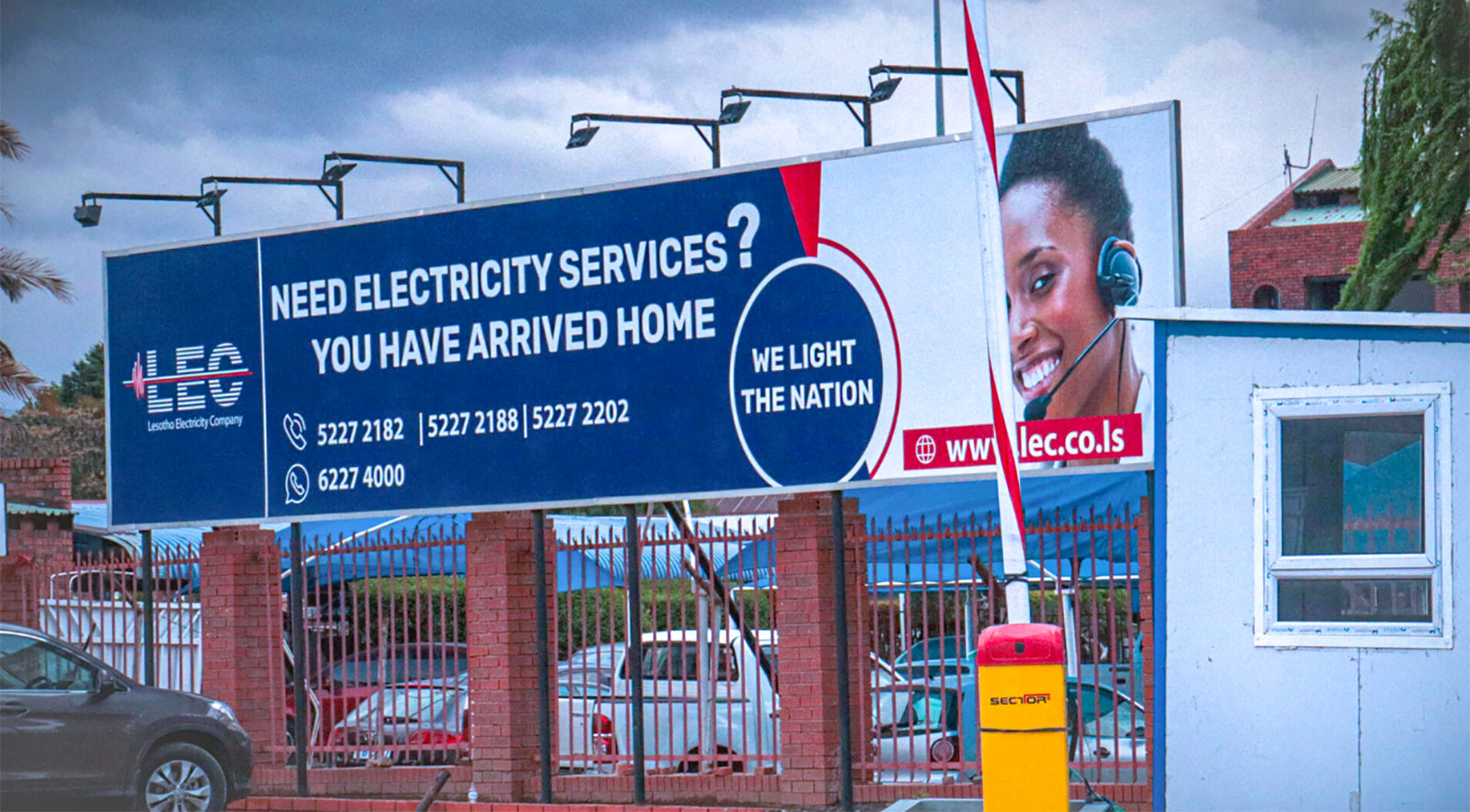
Cash-strapped LEC hikes staff salaries
11 days ago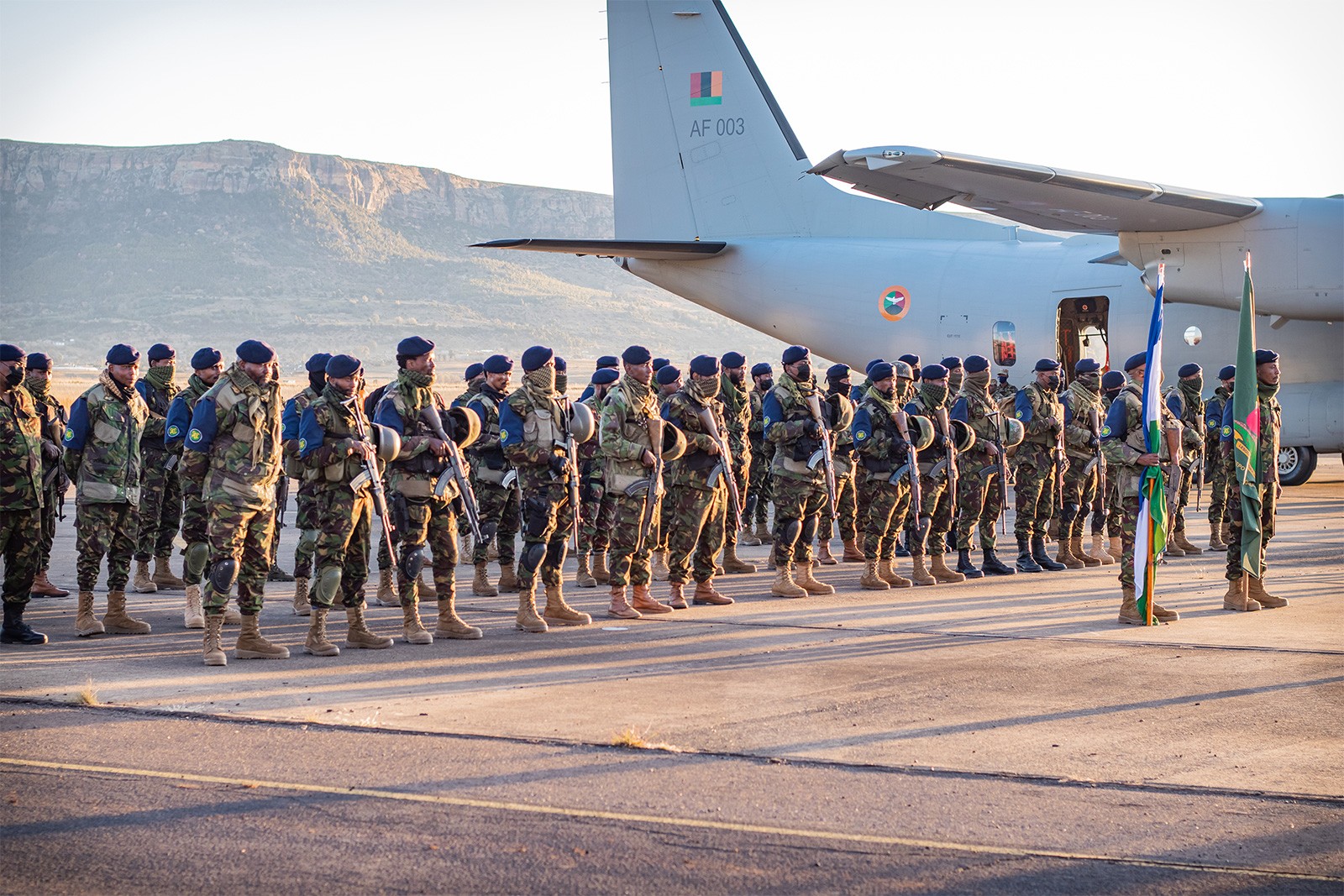
Indian businessman claims military base
11 days ago
Lesotho gets Starlink internet access
11 days ago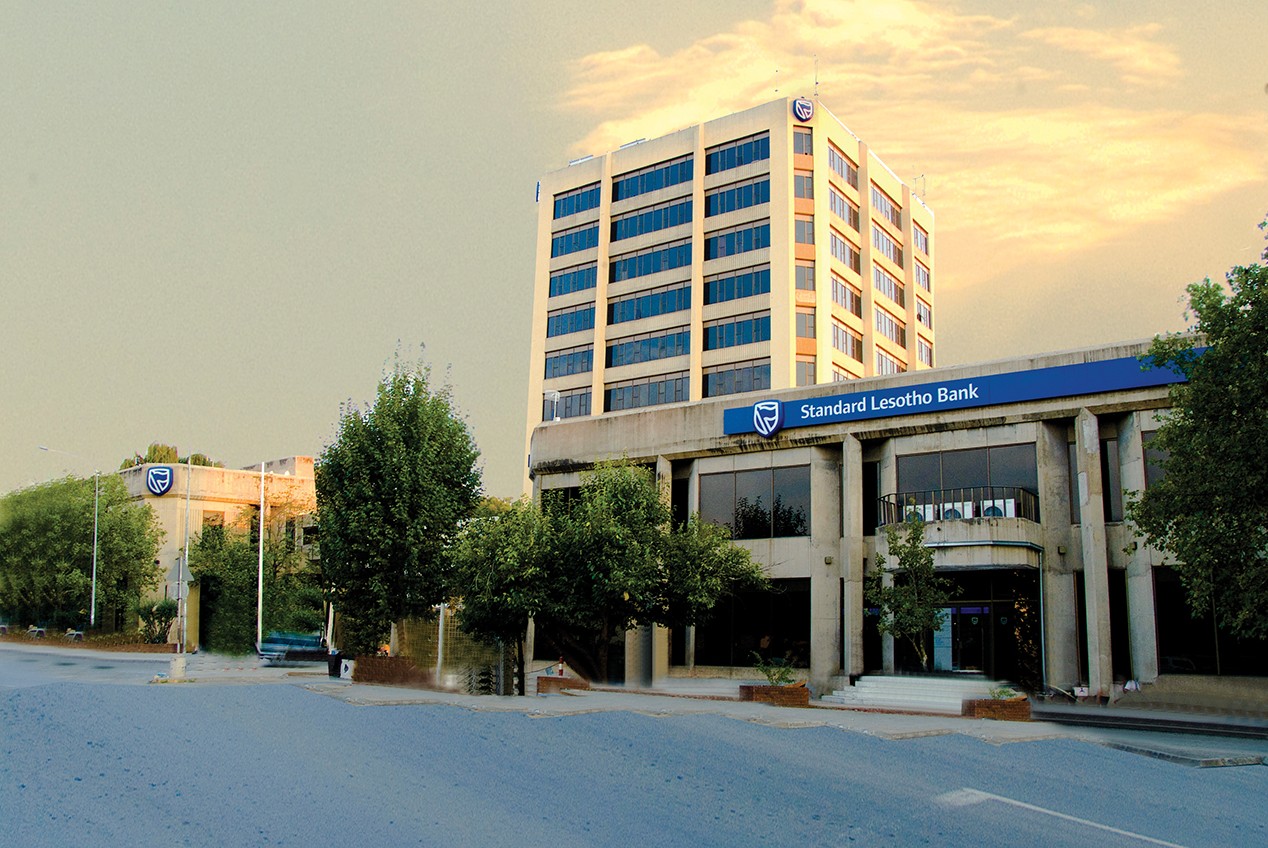

Communities empowered to protect environment
13 days ago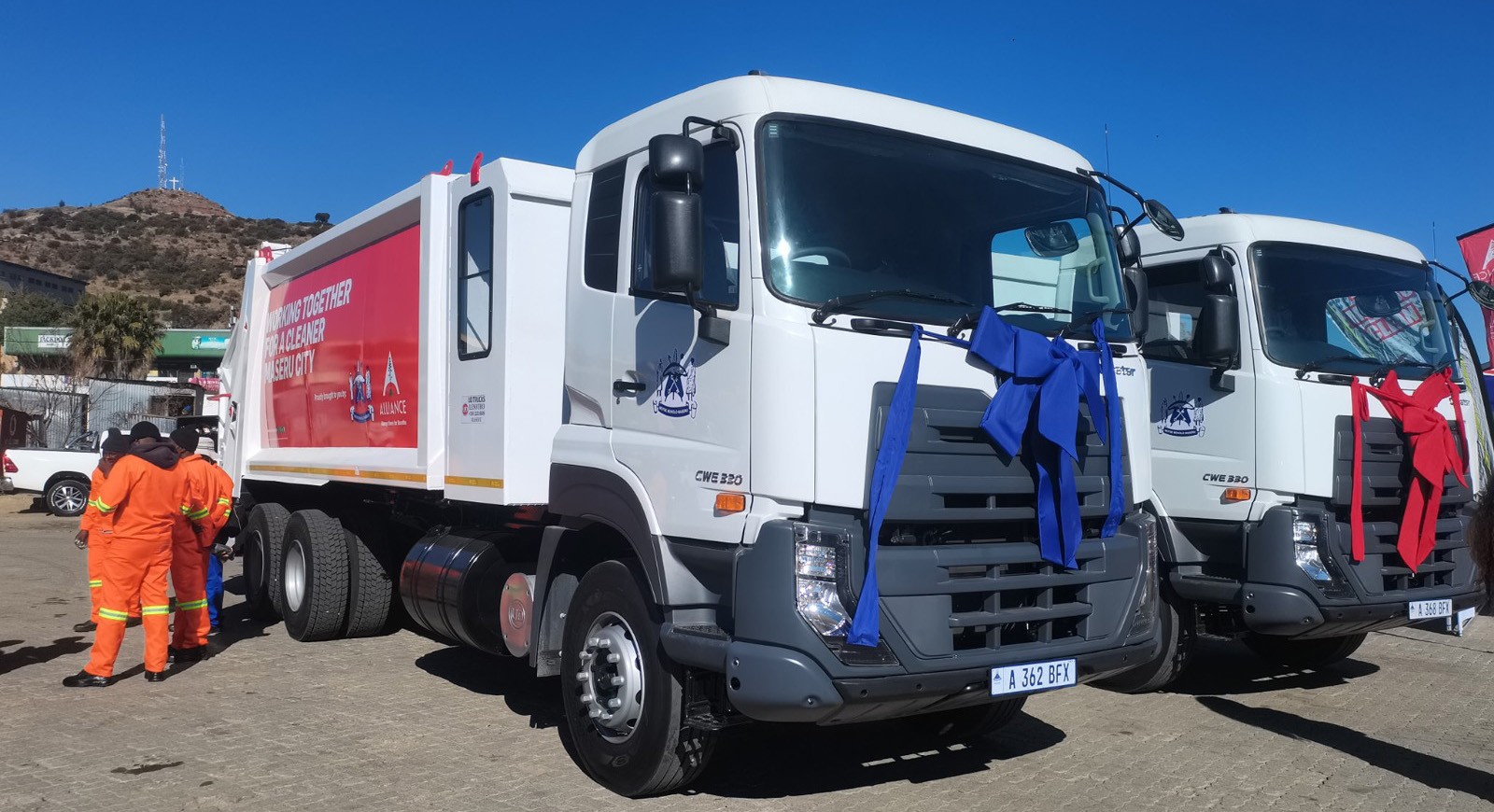
Alliance boosts MCC fleet
14 days ago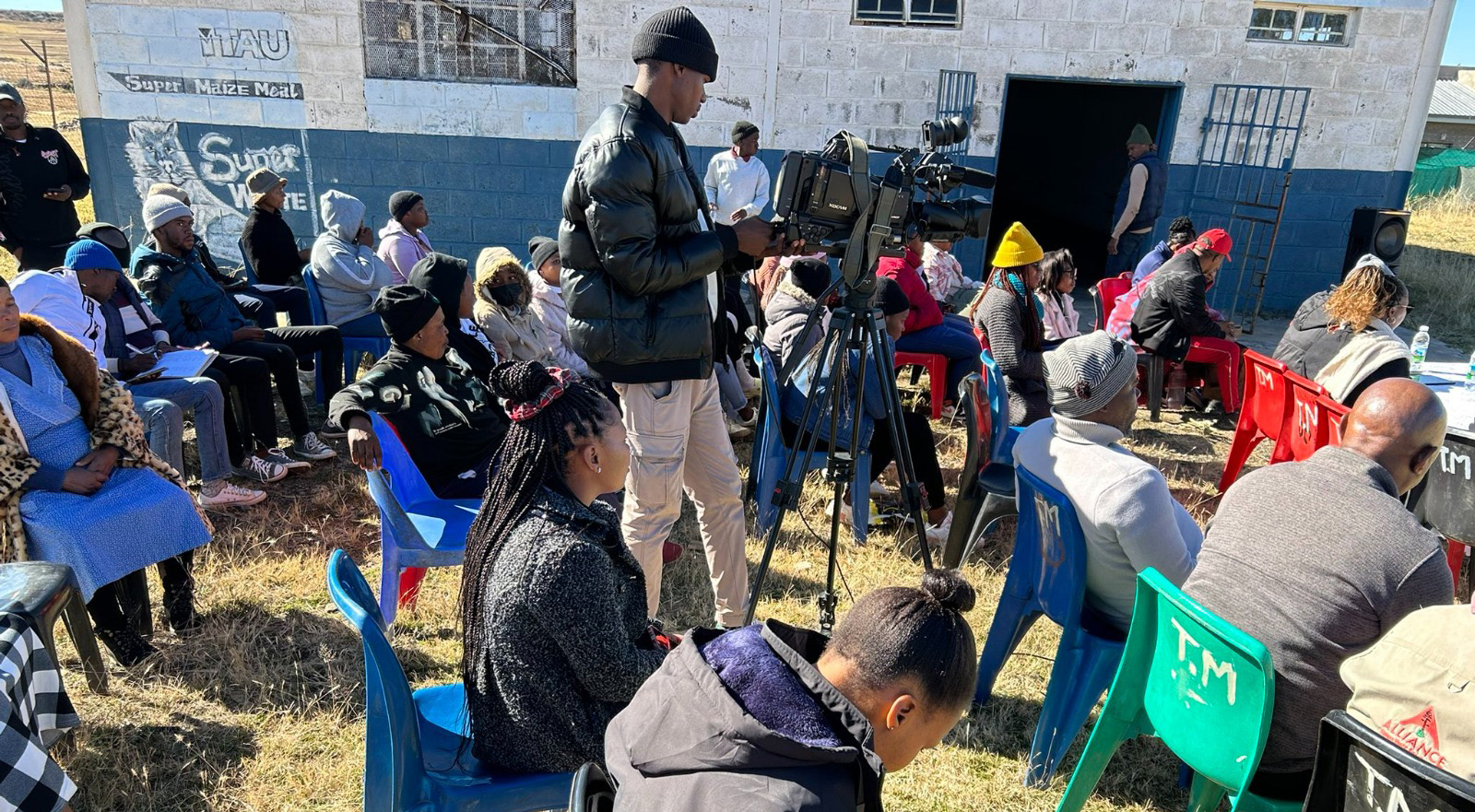
Young people discuss economic future at Taung
15 days ago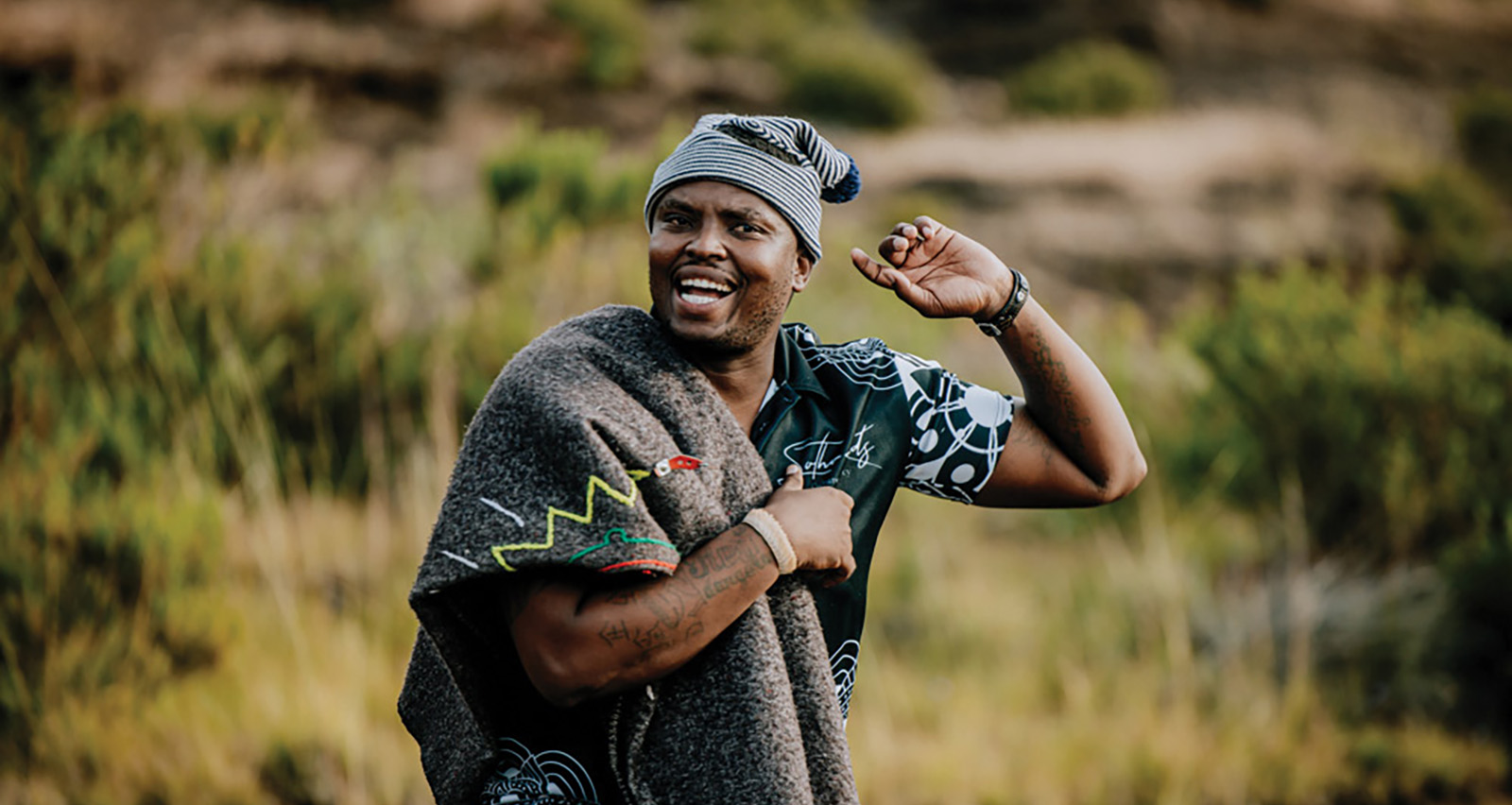
CityzeenLs nears 1 million YouTube views
15 days ago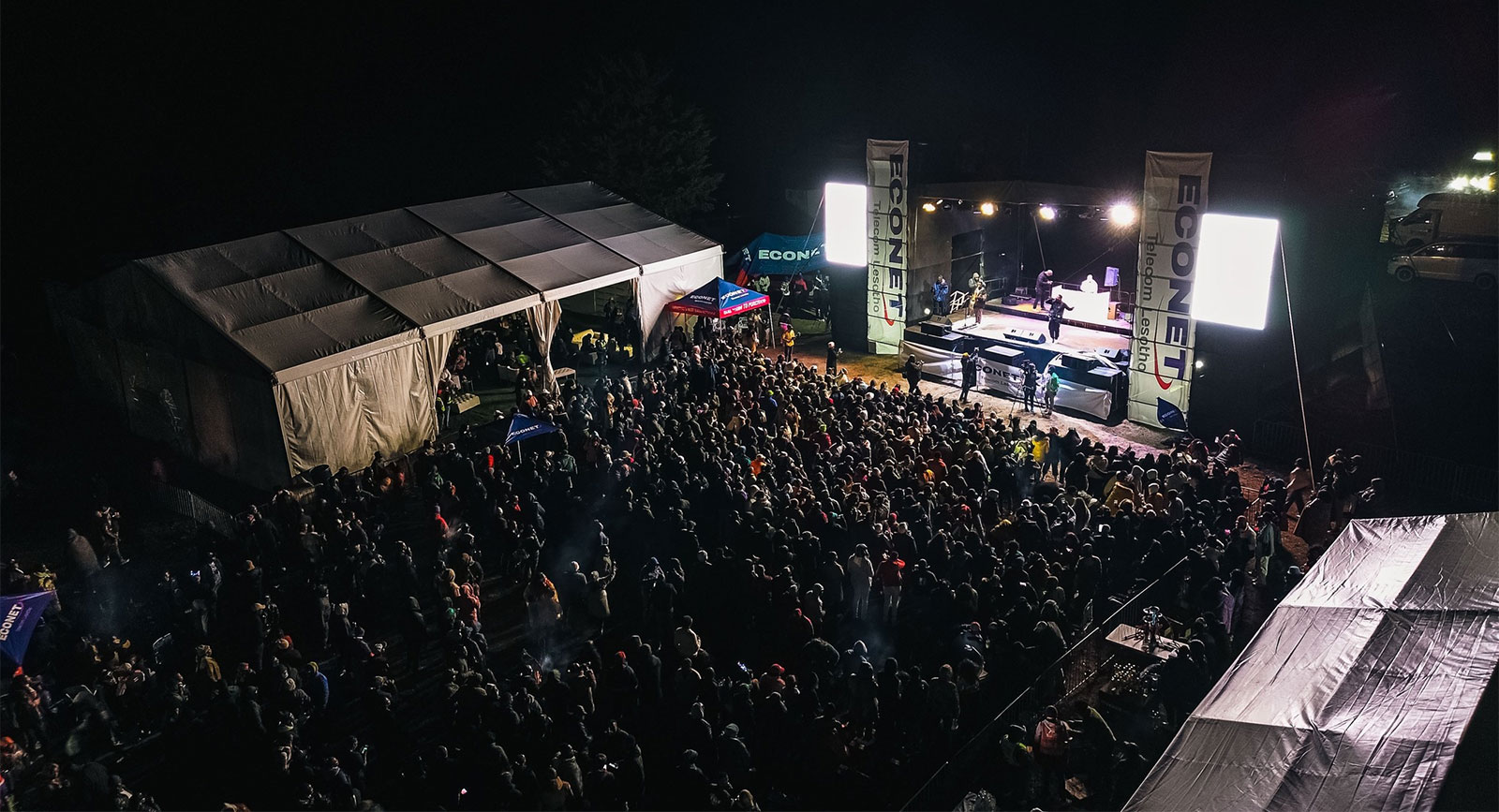
Econet commits over M1million to Lecholi event
15 days ago